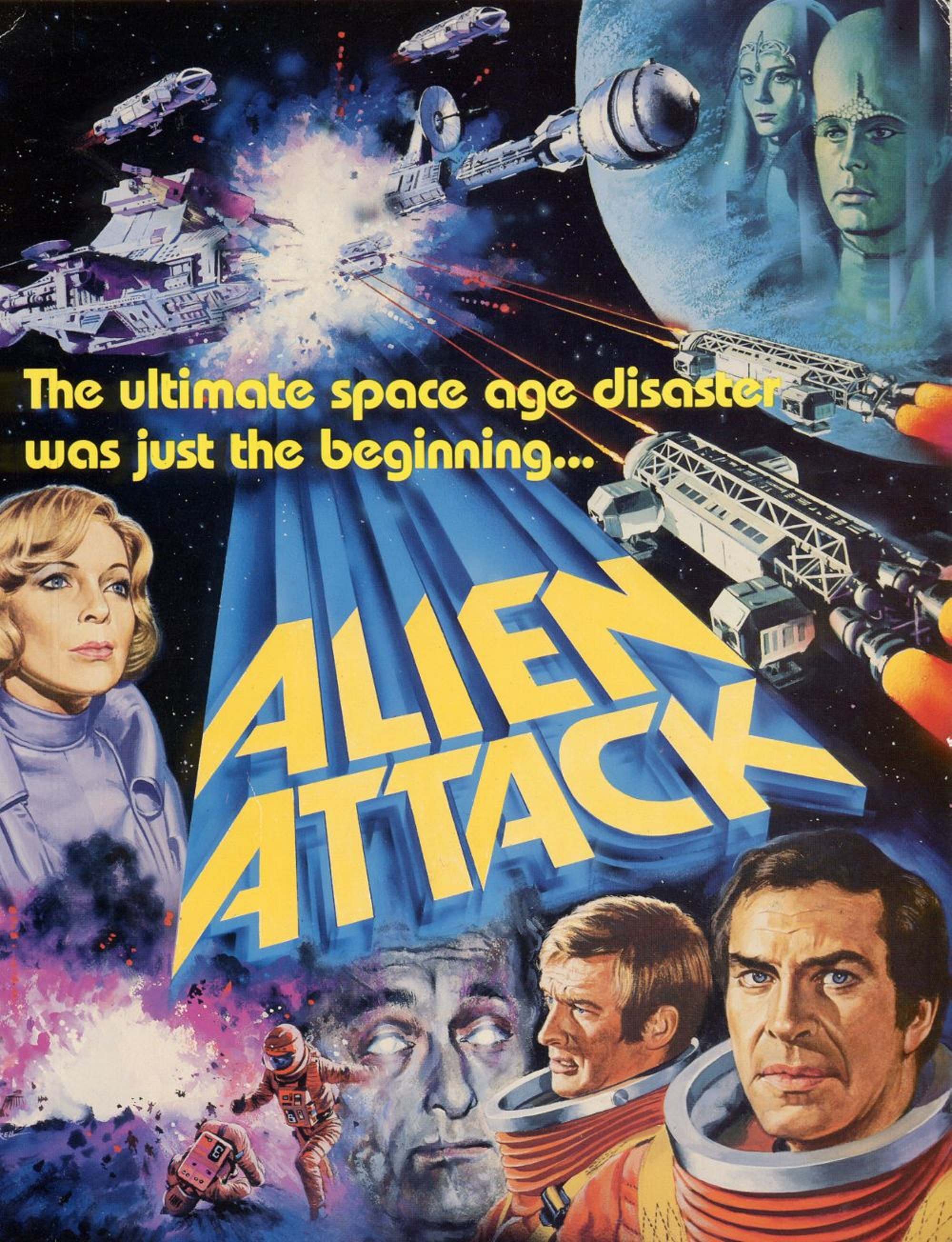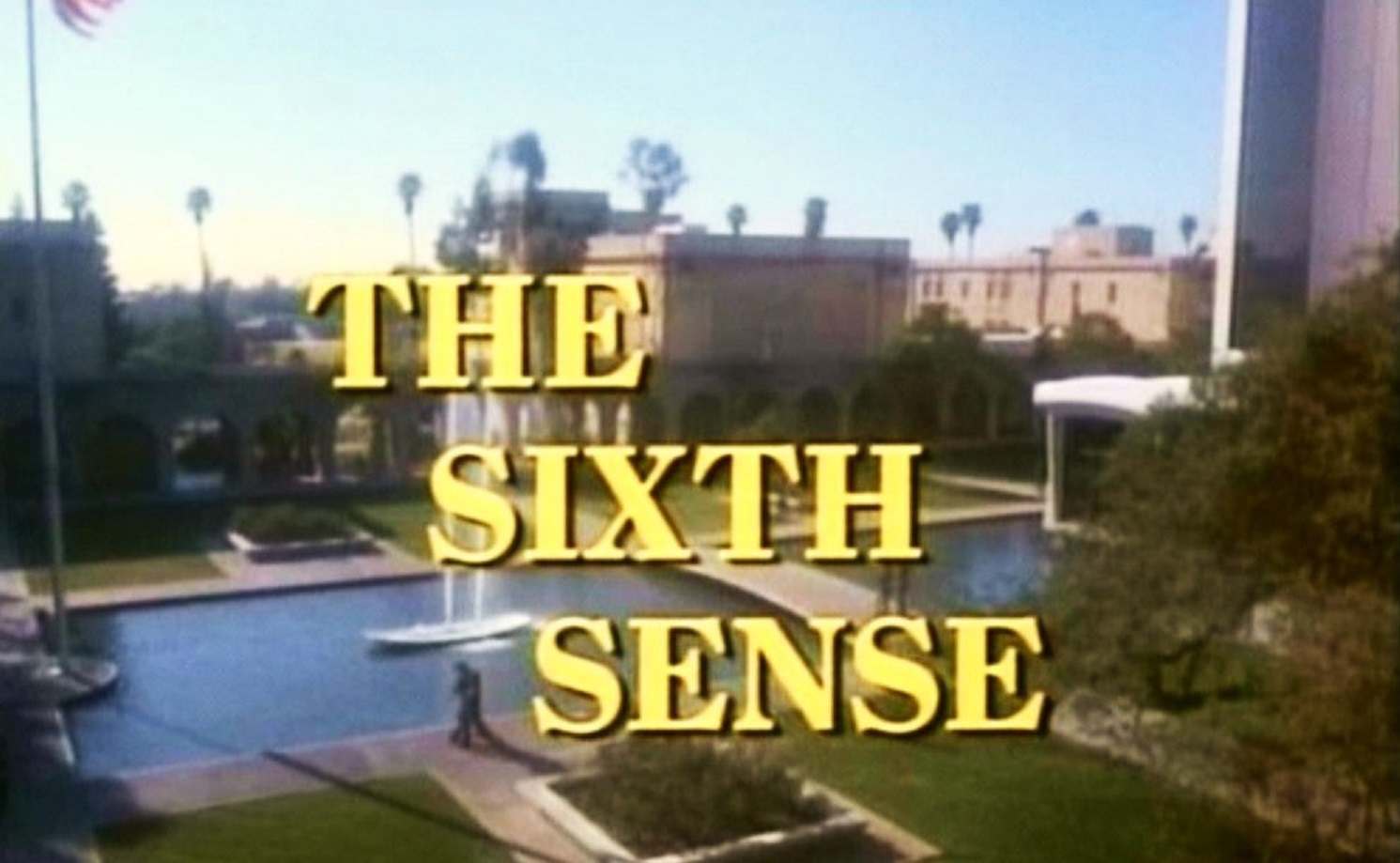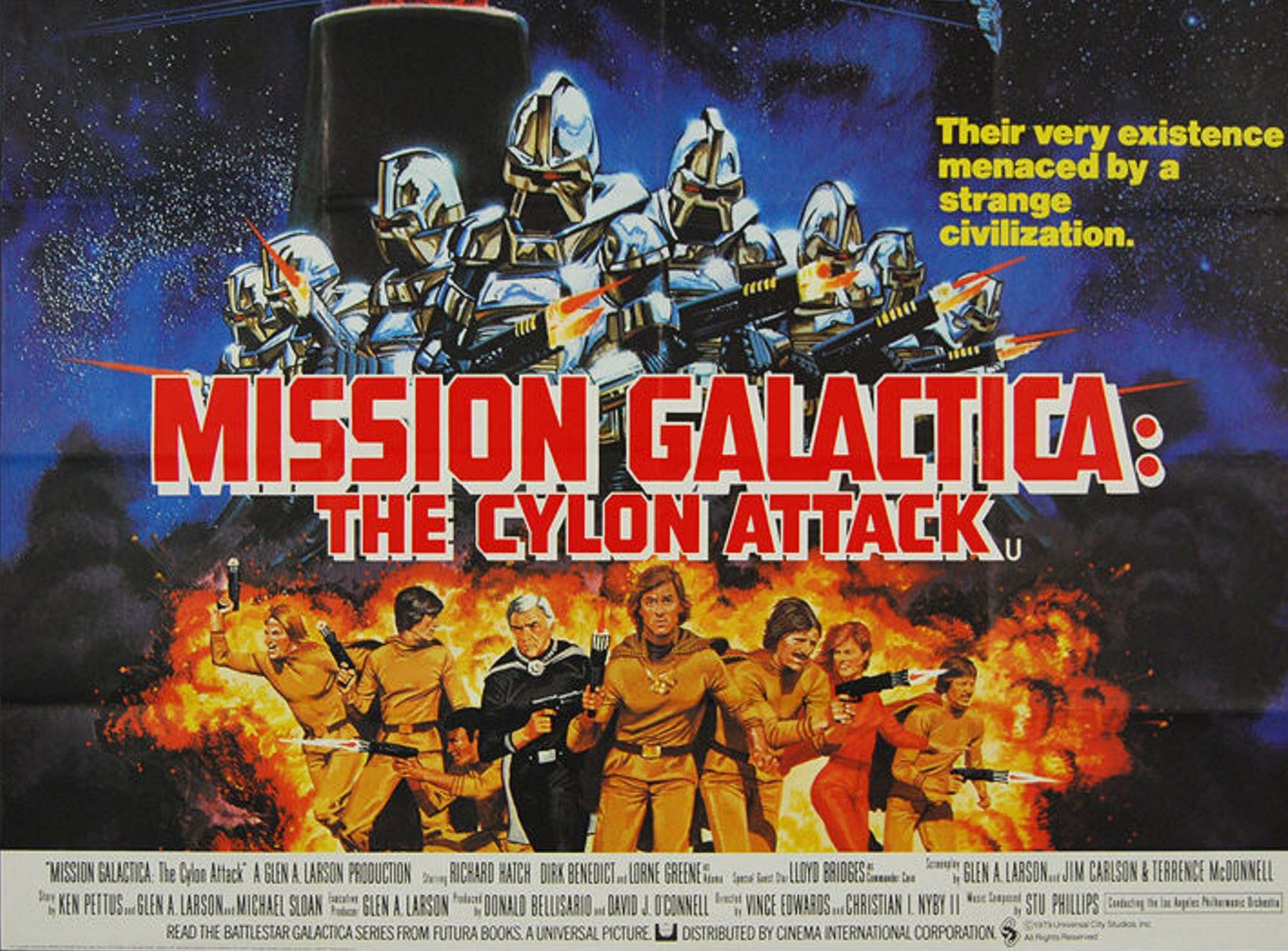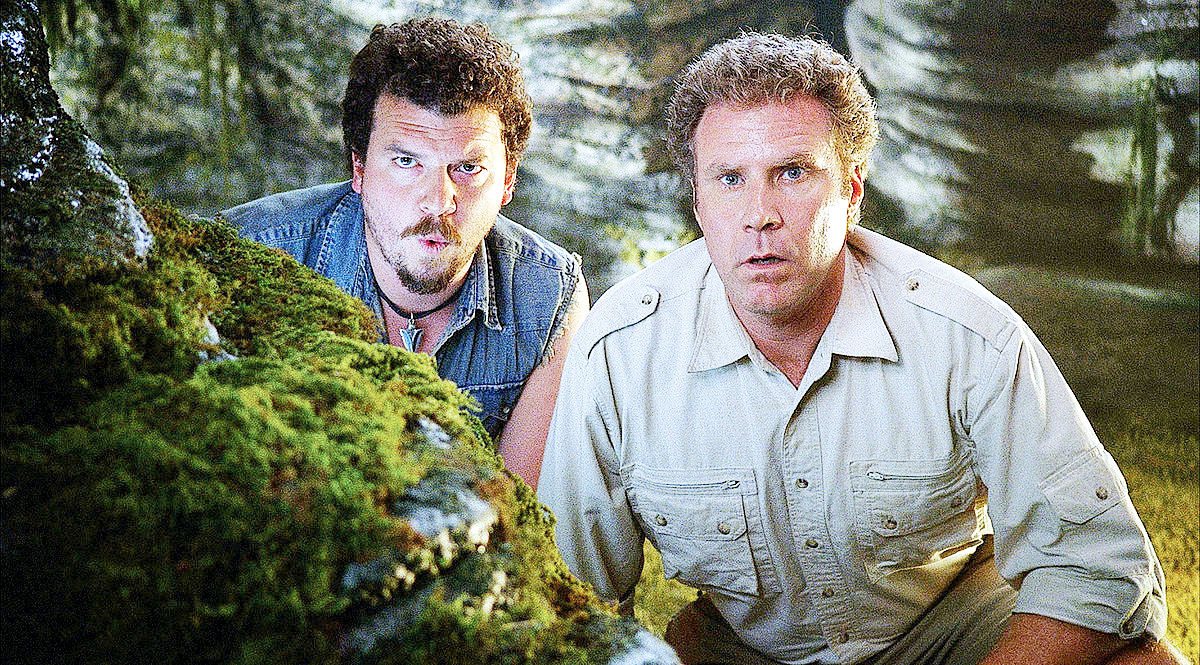We all mourn when a favorite TV series is cut down in its prime, either for lack of ratings, or because of creative differences
Yet, there is a fate worse than being axed by your host network.
There are, in fact, several fates worse than cancellation.
Hope and pray that your favorite cult-TV series never has such an “after life” inflicted upon it.
Syndication Butchery.
In the early 1970s, Universal Studios cancelled the low-rated paranormal drama, The Sixth Sense, a two-season series starring Gary Collins as psychic Dr. Rhodes. But then, the hour-long show was cut down to fit in a thirty minute time slot — thereby losing 50% of its plot — and syndicated as part of Rod Serling’s Night Gallery (1969-1973). Rod Serling was even hired to narrate new introductions to these Sixth Sense episodes, but not even his presence could save the series, which now — having lost fully half-its narrative — substance, made no sense whatsoever.
This syndication butchery was actually a twofer. Universal also arbitrarily cut all Night Gallery segments to a half-hour in length. This was troublesome, because some segments of the anthology were only fifteen minutes long, while others were forty minutes long. The short episodes were thus padded with stock footage, and the long segments were, like the Sixth Sense, hacked to pieces until they no longer made sense.
Just about the worst such hacking occurred for the segment “The Different Ones,” by Serling. A story of conformity and hatred (like Twilight Zone’s “Eye of the Beholder”) became endlessly and tiresomely padded with stock spaceship footage from the Universal film Silent Running (1972), real footage of NASA space-flights, and imagery from This Island Earth (1951).
Another episode of Night Gallery, “Big Surprise,” was cravenly buttressed by inserted footage of Alfred Hitchcock’s The Birds (1963).
In the case of both series, syndicated butchery destroyed the artistry of the original productions, and damaged the reputations of the programs, going forward. The hacked up episodes of Sixth Sense and Night Gallery were shown on the (now defunct) Sci-Fi Channel as late as 1999.
Below, you can see The Sixth Sense shoehorned into Rod Serling’s Night Gallery intro.
Compilation Movies
Another common trick of cost-amortizing studios in the 1970s and 1980s involved the re-packaging of episodes of cancelled TV series as something compilation “movies.”
These movies, obviously, were just reruns.
But more to the point, such compilation movies often featured cobbled-together narratives that had nothing to do with each other.
The new titles, like Farewell to the Planet of the Apes or Mission Galactica: The Cylon Attack seemed to promise something new and exciting — a return of a favorite production — but were actually just warmed over old material. Series that suffered this fate included Gerry Anderson’s Space: 1999 (1975 – 1977), Battlestar Galactica (1978-1979) and the aforementioned Planet of the Apes (1974).
One Space: 1999 compilation, “Alien Attack” featured awkward new scenes with unknown actors, and inexplicably set the series in the year 2100.
Below, you can see the meeting of the International Lunar Commission in New York, where the highest-tech device available appears to be an overhead projector.
At least for the Planet of the Apes compilation movies, Roddy McDowall — star of the original 1974 series — was retained to preserve continuity. By contrast, in the Battlestar Galactica movies, a different, uncredited actor, recorded new lines of Richard Hatch’s Captain Apollo, and the difference is apparent immediately, scene-to-scene.
https://youtu.be/3dP9W1B_dMM
Basic Cable Re-Boot.
At the dawn of the cable TV age, basic cable stations needed brand names to draw large audiences. Accordingly, these cable networks would often take a recently cancelled network series, and continue it, but with none of the same actors involved, and a vastly diminished production budget.
Exhibit A was Airwolf (1984-1986), starring Jan Michael Vincent, Ernest Borgnine, Alex Cord, and Jean Bruce Scott.
The successful and expensive series ran for three seasons until canceled by CBS. But the USA Network promptly picked up the series and created a fourth season of twenty-four episodes.
The biggest problem, however, was that the new series had no access to the Airwolf helicopter, which meant only stock footage of the famous craft could be used.
Secondly, the series didn’t rehire any of the original actors. Instead, Barry Van Dyke played the brother of Jan Michael Vincent’s character, and Michelle Scarabelli played Ernest Borgnine’s niece.
Another show that suffered a similar fate was The Hitchhiker. The horror series had originally aired on HBO as a relatively sexually-explicit horror anthology. USA picked it up for basic cable…and removed all the sexual overtones and narratives, blanderizing the whole affair.
A Mystery Science Theater 3000 Guest Appearance.
There’s nothing worse or more humiliating, perhaps, for a cult-TV fan, then to see his or her favorite series skewered and mocked by the Satellite of Love on Joel Hodgson’s Mystery Science Theater 3000 (1989 – 1999).
Unfortunately, Space: 1999 (“The Cosmic Princess”), The Gemini Man (1976) (“Riding with Death”) and The Master (1984) (Master Ninja, Master Ninja II) all got the full bad movie treatment from Joel, Mike and the Bots.
The No Respect Movie Re-Boot.
While the 1970s gave us syndication butchery and compilation movies, the 1980s gave us Basic Cable Reboots, and the 1990s gave us MST-3K mockery, the 21st century has given cult-TV Fans some examples of another atrocity: the no respect movie re-boot.
In this horrible after-life, a beloved TV show is revived — in name only — by filmmakers who only wish to mock the dated source material.
Dark Shadows (1966-1971) and Land of the Lost (1974-1977) were not comedies until remade as movies starring Johnny Depp, in the case of the former, and Will Ferrell, in the case of the latter.
But what’s the absolute worst thing to happen to a great cult-TV series?
Two words:
Sybill Danning.
In the mid-1980s, Sybill Danning’s Adventure Videos re-released the Space: 1999 compilation movie, Alien Attack with a ridiculous and embarrassing introduction from the actress.
No TV series — canceled or otherwise — deserves such an ignominious fate.
Would you like to support Flashbak?
Please consider making a donation to our site. We don't want to rely on ads to bring you the best of visual culture. You can also support us by signing up to our Mailing List. And you can also follow us on Facebook, Instagram and Twitter. For great art and culture delivered to your door, visit our shop.










